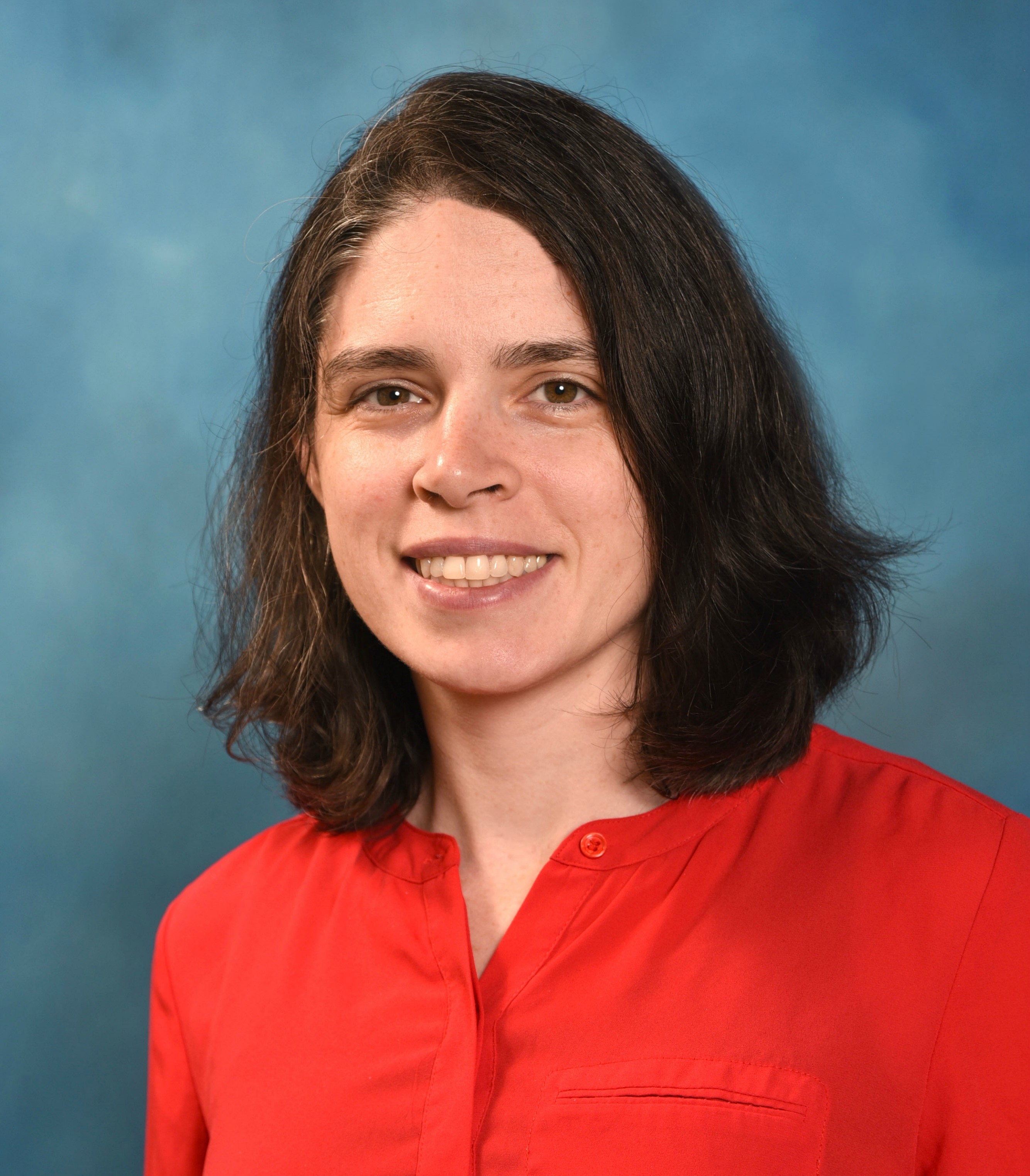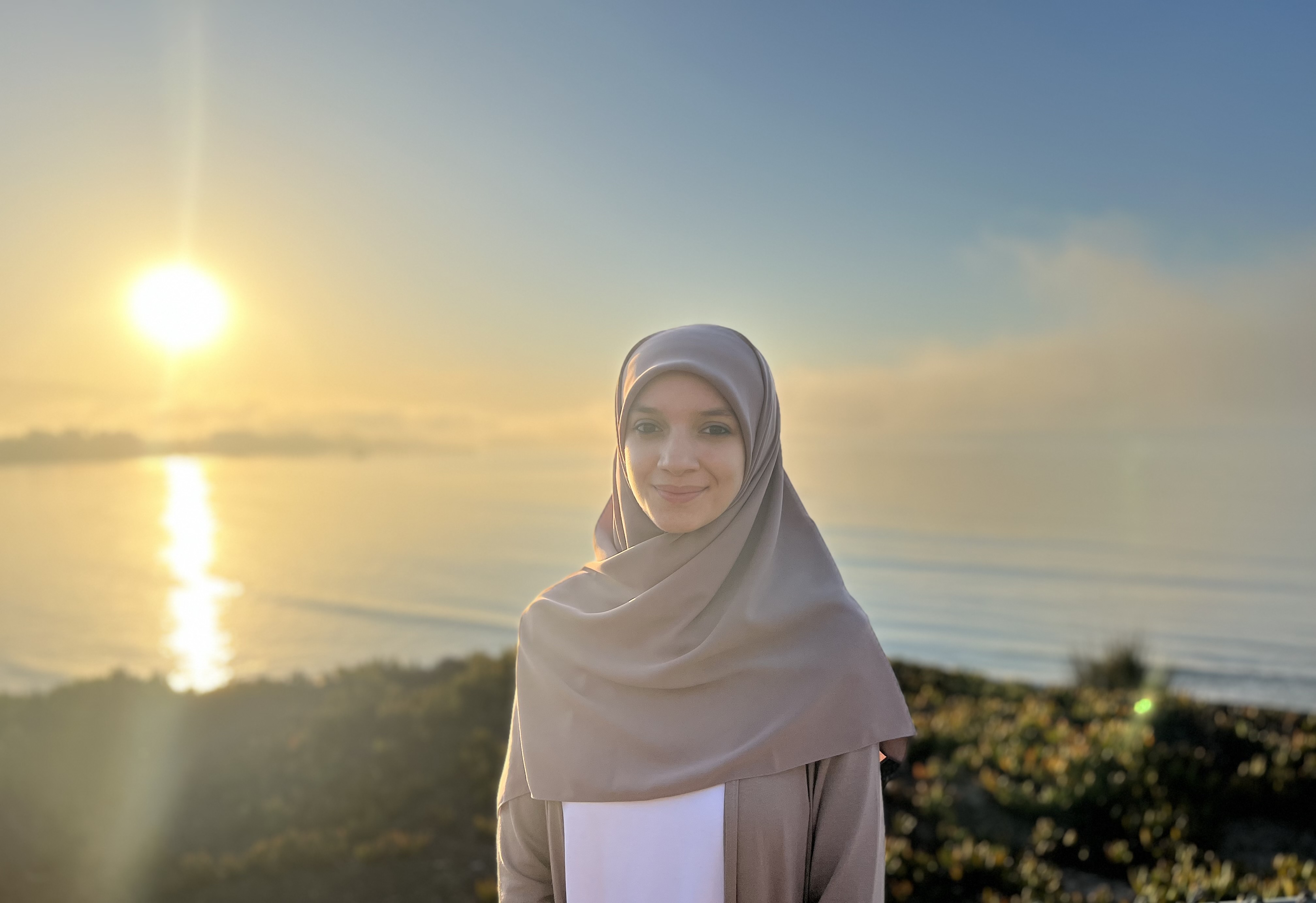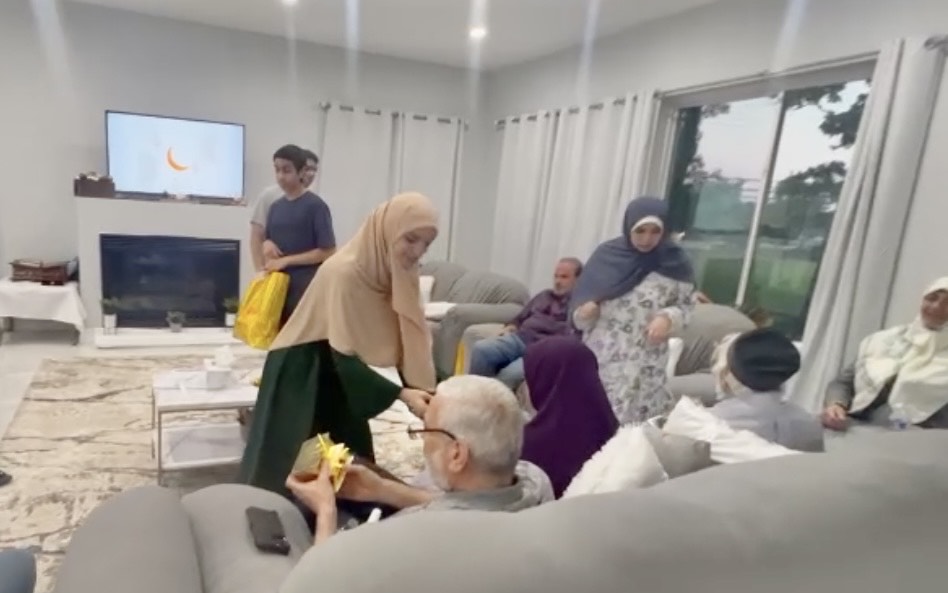
Nearly 90,000 Iraqi refugees have resettled in the U.S. since 2007 — and many of them have made the metro Detroit area their home. That number is impressive and it’s good to know. But senior Lujayne Ridha and Anthropology Associate Professor Rose Wellman want to foster understanding of this community beyond the statistics.
Their research project, “Iraqi Shi'i Refugees in Greater Detroit: Constituting the Moral Integrity of Family as an Act of Religion,” documents the goals, aspirations and values of Iraqi refugees in the region. Their research is based on interviews conducted in community centers, mosques, businesses and homes. They documented their project using recordings, transcripts, photos and videos.
“Family ties and passing down traditions and religious beliefs are universally understood. They are the things that go beyond a number and make us all human. In a time of so much divide, we need to find ways to connect with each other and share messages of understanding,” Ridha said. “Our project gives a voice to a population that’s been underrepresented. We want to give a way for people to share their experiences, be seen and have those unfamiliar with the Iraqi experience learn from these stories.”
The project centers on the family experience, primarily through the lens of women.
They’ve talked to families about the importance of large gatherings with traditional dishes like the tomato-based stew margat albamiya or chicken and barley hareesa. And they’ve interviewed people on how their past experiences shape how they raise their children and hold onto cultural and religious values.






